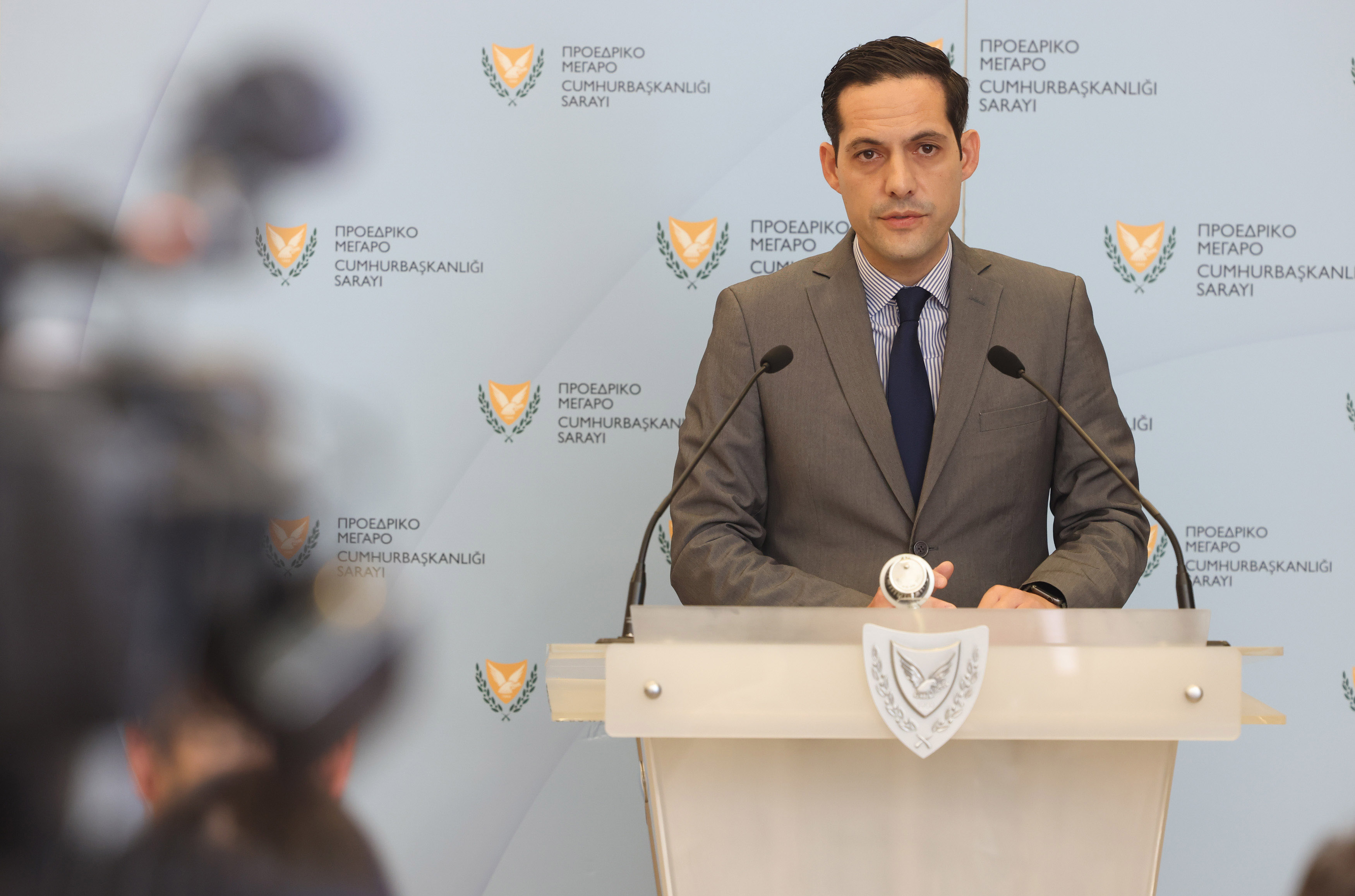The government on Tuesday hinted it may extend some of the relief measures it introduced last November – such as subsidising electricity bills – beyond the end of the month.
Taking journalists’ questions, government spokesman Konstantinos Letymbiotis confirmed the administration is considering extending the measures set to expire at the end of February.
The president has instructed the finance minister to assess the situation, after which a decision would be taken prior to the expiry date of the relief measures currently in force.
On Monday, the energy regulator had warned that the state-run power utility might jack up its basic tariff by 25 per cent should it win an ongoing court case.
Speaking to the Cyprus Mail, Energy Minister George Papanastasiou confirmed he did raise this matter during a courtesy meeting with the EAC board earlier in the day.
“We urged them to reconsider the 25 per cent hike in their tariff. The ball is now in their court,” he said.
The minister clarified the 25 per cent increase in the kilowatt-hour tariff – if implemented assuming the EAC wins its court case – would not translate into an equivalent 25 per cent rise on electricity bills.
“No it would mean a far lower increase on the bills than 25 per cent. Even still, we feel this is the wrong time to make consumers pay more, whatever the amount.”
An EAC spokesperson said on Tuesday the increase on kilowatt-hour tariffs would more likely be 19 per cent.
The minister said the EAC, through its request to raise its tariffs, seeks to recoup its costs. And should they win the case in court, that does not necessarily mean they would impose the 25 per cent hike – that’s at their discretion.
If it does not implement the 25 per cent tariff hike, the EAC would have to tap its own cash reserves – thought to be considerable.
Meanwhile in a statement also on Tuesday, Dipa MP Marinos Mousiouttas said his party will ask President Nikos Christodoulides to keep in place the electricity subsidies.
Dipa is part of the government coalition.
Mousiouttas said households cannot take the “huge” rate hike that the EAC is contemplating. Nor can they cope with the general high level of electricity bills due to greenhouse gas emissions allowances.
To this end, he added, the government must broaden the scope of the Photovoltaics for All scheme.
The current measures designed to alleviate the cost-of-living crisis began at the start of November last year and apply to the end of February.
They concern a staggered electricity subsidy applying to residential, commercial, and industrial consumers. The subsidy rate is based on consumption, except for ‘vulnerable’ consumers who qualify for a 100 per cent subsidy on any increases in the basic tariff.
The government also reduced the tax on fuel by 8.33 cents per litre, for the same period, and it cut consumption tax on heating oil by 6.39 cents per litre from December until March.
Additionally, VAT on meat and vegetables was scrapped between December 2023 and the end of May this year.







Click here to change your cookie preferences